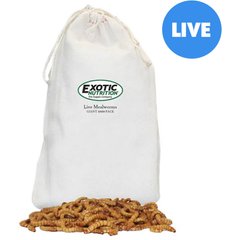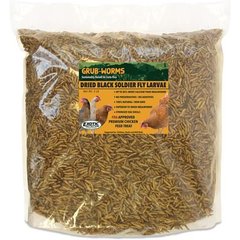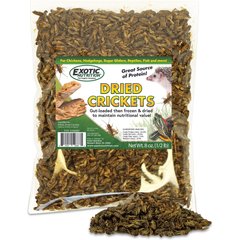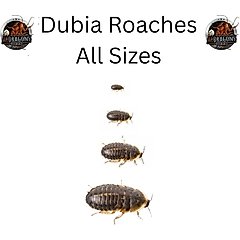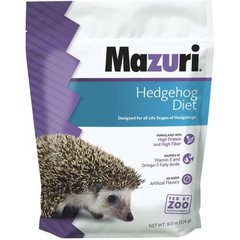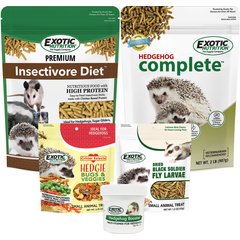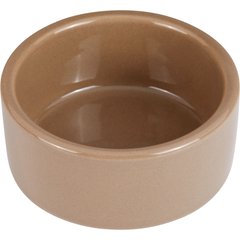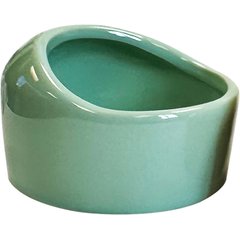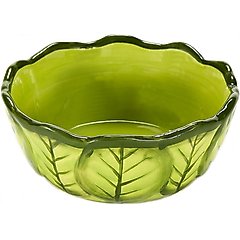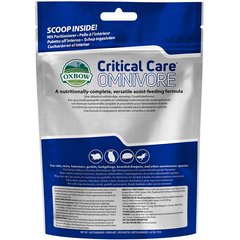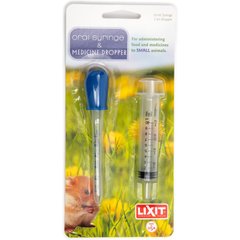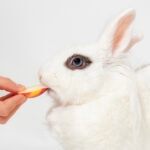What Do Hedgehogs Eat? The Best Diet for Your Pet
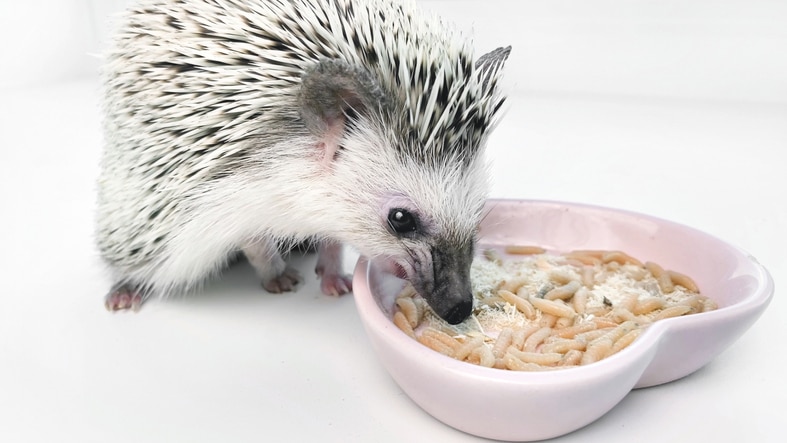
Photo by Marina Troynich/iStock/Getty Images Plus
Hedgehogs have very specific dietary requirements, so knowing what to feed them (and what to avoid) is essential for good health.
Taking in an animal with such specific needs is a big commitment for any pet parent, so do your research before adopting—and consult with an exotic vet to make a dietary plan for your hedgie as soon as you bring them home.
Key Takeaways
- Wild hedgehogs survive on insects, which should be a big part of your pet hedgie diet too.
- Pellets, meat, veggies, and even cat food are other dinner options for your hedgehog.
- Visit a vet first to determine the best diet for your hedgehog, as they’re prone to obesity.
- Some human foods can be toxic to hedgehogs, so avoid grapes and raisins, along with many other common things in your kitchen.
What Do Hedgehogs Eat?
Hedgehogs are naturally insectivores, meaning their wild diet primarily consists of insects. These little critters will forage for miles every night, looking for grubs, bugs, and whatever else they can find to snack on.
While your pet hedgehog won’t wander the garden looking for worms to munch, they will require a diverse menu to meet their nutritional needs, which happen to be pretty unique—especially compared with other small pets like guinea pigs, rabbits, or hamsters.
What Should You Feed Your Pet Hedgehog?
You’ve likely wondered “What do I feed hedgehogs?” since there’s no singular answer.
But your pet hedgie’s diet should replicate their natural insect-rich diet as closely as possible. Obesity is a common health issue for hedgehogs, so you’ll need to work with your vet to determine how much your hedgehog should eat.
An exotic vet can recommend the perfect hedgehog food to keep your pet at a healthy weight.
Insects
Insects should be a big part of any hedgehog’s diet, says Melissa Giese, DVM, of the Chicago Exotics Animal Hospital. She recommends:
- Mealworms (most convenient for storage and feeding)
- Soldier fly larvae
- Crickets
- Dubia roaches
Recommended Products
“Typically, mealworms are the easiest to store and use, and about two to four mealworms daily is enough, along with about a tablespoon of dried food,” says Dr. Giese.
Ask your vet if this is right for your particular hedgie.
Insects can be live, though you might want to choose freeze-dried if you don’t love the idea of handling squirming bugs. Keep in mind, live insects may provide better nutrition and engagement opportunities.
Pellets
Along with insects, Dr. Giese recommends a high-quality, fortified pellet. She prefers Mazuri, which is specifically formulated with insect chitin substitutes and is nutritionally balanced to meet your hedgehog’s dietary needs.
Recommended Products
Christina Hannigan, a hedgehog rescuer and co-chair of the Hedgehog Welfare Society who also runs Hannigan Hedgehog HQ in Chicago, says to watch out for extra ingredients in commercial hedgehog pellet food, which may contain by-products or fillers with no nutritional value.
Check with your own veterinarian to determine what is best for your hedgehog’s diet.
Meat
As a special snack, hedgehogs can occasionally have small amounts of cooked, unseasoned lean meats, such as chicken or turkey, says Dr. Giese. Only offer meat sparingly and be sure it’s made without any spices or sauces.
Veggies
Fresh vegetables like cooked carrots, peas, and green beans are also safe when given in small quantities, Dr. Giese says. Cook unseasoned veggies until they’re soft, and serve them in small portions.
Eggs
Unseasoned scrambled eggs are OK in tiny amounts as an occasional treat, but they shouldn’t be a regular part of your hedgehog’s diet. Dr. Giese says she only offers eggs for hedgies who won’t eat or need the extra fat for health reasons.
Fresh Water
Your hedgehog needs a constant supply of fresh water always available to them. Hedgies struggle with water bottles, so choose a heavy ceramic bowl that can’t tip over easily.
Recommended Products
What Can Hedgehogs Not Eat?
Several foods—including some common ones you probably have in your kitchen—are toxic and should be avoided.
Avoid feeding your hedgehog any of the following:
- Grapes and raisins
- Avocado
- Citrus fruits
- Chocolate
- Dairy products
- Nuts and seeds
- Sugary or salty snacks
- Raw meats or raw eggs
How Should You Feed Your Hedgehog?
Feed your hedgehog once a day, typically in the evening since they’re most active at night.
Portion meals carefully to avoid obesity. Dr. Giese says that one tablespoon of dry food supplemented with insects like mealworms is usually enough for hedgehog dinnertime.
You might be tempted to let your hedgie nibble on food from your hand. But hand-feeding should be reserved for hedgehogs who are unable to feed themselves.
“I only hand-feed hedgehogs who can’t eat on their own, using a powdered food called Omnivore Care mixed with water or baby food,” Hannigan says.
Recommended Product
If your hedgie is not eating on their own, call your vet immediately. Your vet can help determine if a visit is in order, or if you should try hand-feeding with a syringe and special formula first.
Recommended Product
Whatever your hedgie’s diet, make sure it’s tailored to them. These little creatures require extra care—and they’ll be grateful for a pet parent who puts their health first.
FAQs About Hedgehog Diets
Can I give my hedgehog treats?
Yes, treats are OK for hedgehogs. Good treats include small amounts of cooked chicken or turkey. Avoid sugary, salty, or processed human snacks, and don’t go overboard—hedgies are prone to obesity, so keep treats limited.
Do hedgehogs eat mice?
No, pet hedgehogs don’t eat mice, though wild hedgehogs might consume small rodents occasionally.
